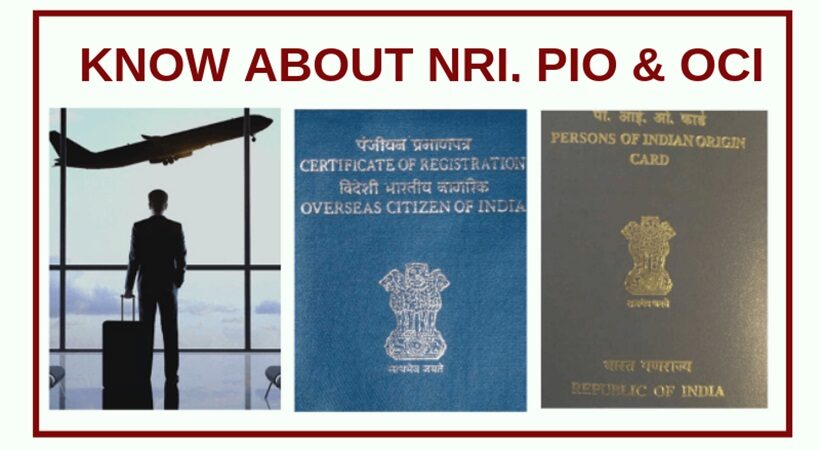You may have grown up hearing about your NRI bua or maushi who lives abroad and hence kept wondering why someone is called NRI or who is an NRI. This blog explains what it means when someone is called NRI, PIO and OCI, and explores the differences between PIO, NRI, and OCI.
Read More: It’s A Reality: A Bus Journey From India To London
Who is an NRI?
An NRI is a non-resident of India, having an Indian passport and living overseas. In short, NRIs are Indians by citizenship but reside outside the country. They enjoy fundamental rights in India and are protected by the Indian government wherever they go.
Who is a Person of Indian Origin?
A person of Indian origins are people of Indian by birth, descent or origin and holds foreign citizenship excluding Pakistan, Bangladesh, Afghanistan, Nepal, Bhutan, Sri Lanka, China, and Iran. These people may have held an Indian passport at any time in their life or whose parents or grandparents were born and lived in India.
Who is an Overseas Citizen of India?
Overseas Citizenship of India is immigration status. Since the Indian constitution does not allow dual citizenship, Overseas Citizenship of India permits foreign nationals of Indian origin to secure a permanent residency along with their spouses. It also allows them to live and work in India indefinitely. Even though holding OCI status, the cardholders do not have the right to vote to form a governing body.
Someone is considered an NRI when he stays in India for less than 182 days during the foreseeing financial year.
The PIO cardholders avail themselves of many benefits; they do not have to apply for a visa to visit India for 15 years from the issue date of their PIO card. They also have permission to stay up to 180 days in India without registration to the Foreigner Regional Registration Office. They are just the same as the NRIs in terms of availing financial and educational benefits.
On the other hand, OCI cardholders are granted a multi-purpose, multi-entry, and 15 years of visa to visit India while being exempted from reporting to local police authorities for any length of stay in India.



















